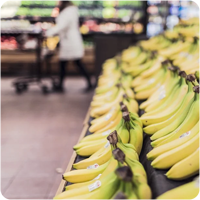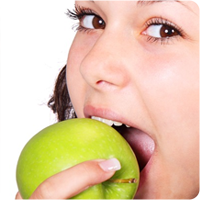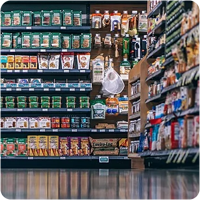Het arrangement Supermarkets in France h45 is gemaakt met Wikiwijs van Kennisnet. Wikiwijs is hét onderwijsplatform waar je leermiddelen zoekt, maakt en deelt.
- Auteur
- Laatst gewijzigd
- 11-05-2025 22:25:24
- Licentie
-
Dit lesmateriaal is gepubliceerd onder de Creative Commons Naamsvermelding-GelijkDelen 4.0 Internationale licentie. Dit houdt in dat je onder de voorwaarde van naamsvermelding en publicatie onder dezelfde licentie vrij bent om:
- het werk te delen - te kopiëren, te verspreiden en door te geven via elk medium of bestandsformaat
- het werk te bewerken - te remixen, te veranderen en afgeleide werken te maken
- voor alle doeleinden, inclusief commerciële doeleinden.
Meer informatie over de CC Naamsvermelding-GelijkDelen 4.0 Internationale licentie.
Aanvullende informatie over dit lesmateriaal
Van dit lesmateriaal is de volgende aanvullende informatie beschikbaar:
- Toelichting
- Deze les valt onder de arrangeerbare leerlijn van de Stercollectie voor Engels voor havo, leerjaar 4 en 5. Dit is thema 'Environment'. Het onderwerp van deze les is: Supermarkets in France. In deze les staat voedselverspilling centraal en hoe dit te verminderen is. Als voorbeeld wordt Frankrijk genoemd over hoe supermarkten omgaan met het verminderen van het weggooien van voedsel. De grammaticaopdracht behandelt de past perfect.
- Leerniveau
- HAVO 4; HAVO 5;
- Leerinhoud en doelen
- Engels;
- Eindgebruiker
- leerling/student
- Moeilijkheidsgraad
- gemiddeld
- Studiebelasting
- 3 uur 0 minuten
- Trefwoorden
- arrangeerbaar, engels, h45, past perfect, stercollectie, supermarkets in france, voedselverspilling

 Introduction - Supermarkets in France
Introduction - Supermarkets in France


 Speaking
Speaking It's now illegal for supermarkets to waste food in France
It's now illegal for supermarkets to waste food in France Grammar
Grammar
 Speaking activities
Speaking activities
